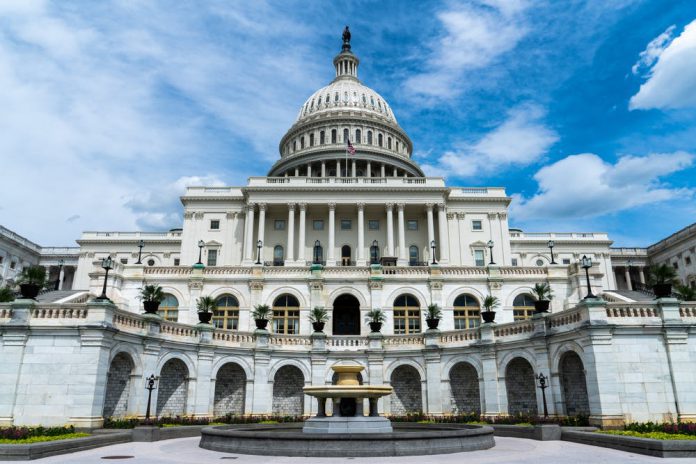The US House of Representatives has passed a bill that would create a cyber diplomacy office at the US State Department and boost US influence in global cyberspace.
The Cyber Diplomacy Act would oblige the US State Department to create a strategy for determining and promoting the technical and behavioural ‘norms’ in cyberspace. It would also form an ambassador role for cyber diplomacy and a centralised Bureau of International Cyberspace Policy that would advise the Secretary of State on matters related to cyber.
The passing of the bill follows the recent move by President Joe Biden to implement sanctions on Russian government-backed officials who were part of the SolarWinds espionage hacking campaign. The SolarWinds hack affected approximately 100 companies and nine federal agencies in the US.
Co-sponsor of the bill and Democratic congressman Jim Langevin said, “As the United States confronts increasingly bold challenges from adversaries in cyberspace, designing and implementing a whole-of-government response strategy — in close coordination with the international community — is an urgent matter of national security.”
Langevin – also chairman of the House Armed Services Committee’s Subcommittee on Cyber, Innovative Technologies and Information Systems – added, “The firm response to Russian destabilization efforts is welcome, but unfortunately, coordination with our closest allies was lacking. Moving forward, a Bureau of International Cyberspace Policy at the State Department will empower our diplomatic corps to ensure like-minded nations speak with one voice in the face of norms-busting behaviour.”
The Cyber Diplomacy Act bill was originally introduced to Congress in 2019, however its passing has recently gained more traction after the Cyberspace Solarium Commission highlighted the importance of promoting democratic values in the cyber world.
As cyberspace dominance continues to be a pressing topic for many US organizations and regulators, the area is also gaining attention for its potential global threats.
Recently, chairman of the US Federal Reserve Jerome Powell claimed he is more worried about cyber risk than the possibility of another financial crash, claiming a cyber event could have a ‘big part to play in the financial system coming to halt’.
Copyright © 2021 FinTech Global











